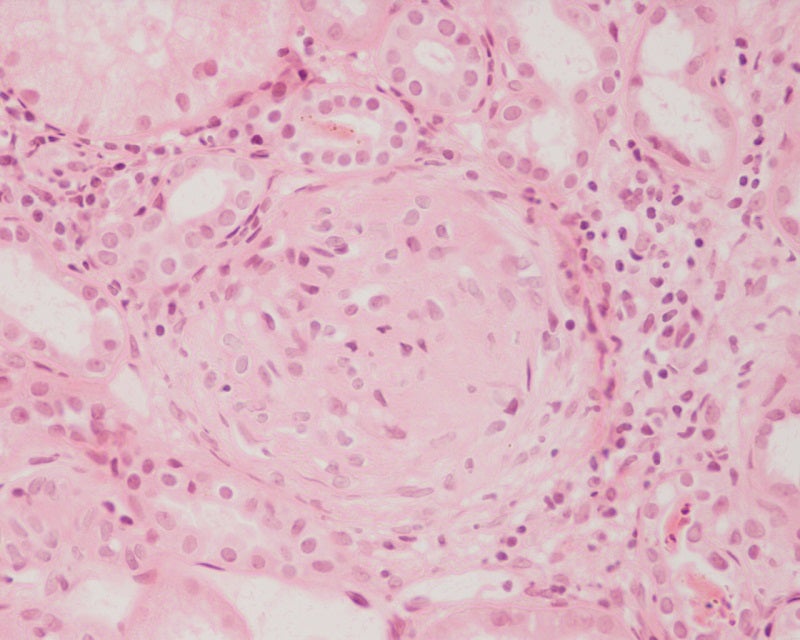
Everest Medicines has received approval from the China National Medical Products Administration’s (NMPA) Centre for Drug Evaluation for its Investigational New Drug (IND) application to conduct a Phase Ib clinical trial of EVER001 for glomerular disease.
The planned Phase Ib trial is designed to assess the efficacy, safety, pharmacokinetics, and pharmacodynamics of the new covalent reversible Bruton’s tyrosine kinase (BTK) inhibitor, EVER001, in Chinese patients.

Discover B2B Marketing That Performs
Combine business intelligence and editorial excellence to reach engaged professionals across 36 leading media platforms.
EVER001 is being developed to treat glomerular diseases.
Everest Medicines Internal Medicine chief medical officer Zhengying Zhu said: “The advancement in clinical development of EVER001 for glomerular diseases represents one of the potentially first-in-class therapeutic opportunities that exist across Everest’s broad pipeline and highlights our long-term growth strategy to advance innovative and high-quality therapies for the benefit of patients worldwide with unmet demand.
“Chronic kidney disease is a leading global public health problem and will remain as a top area of therapeutic focus for Everest Medicines.
“The initiation of this Phase Ib trial, alongside the pivotal-stage development of Nefecon, our lead asset in renal disease, strengthens the company’s commitment in this space and we look forward to progressing these important potential therapies as quickly as possible.”

US Tariffs are shifting - will you react or anticipate?
Don’t let policy changes catch you off guard. Stay proactive with real-time data and expert analysis.
By GlobalDataEverest owns the rights for the development, production, and commercialisation of the therapy internationally to treat renal diseases, as part of an exclusive licensing deal signed with Sinovent Pharmaceuticals and SinoMab BioScience in September last year.
In a Phase I trial conducted by SinoMab in healthy subjects in China, EVER001 demonstrated high selectivity and good pharmacokinetics properties.
The therapy also showed a positive target engagement and safety profile.
Glomerular disease is characterised by a common cause of chronic kidney disease known as proteinuria.
In December last year, Everest and Providence Therapeutics reported that their PTX-COVID19-B vaccine for Covid-19 obtained approval to be part of the World Health Organization (WHO) Solidarity Trial Vaccines (STV) programme.





